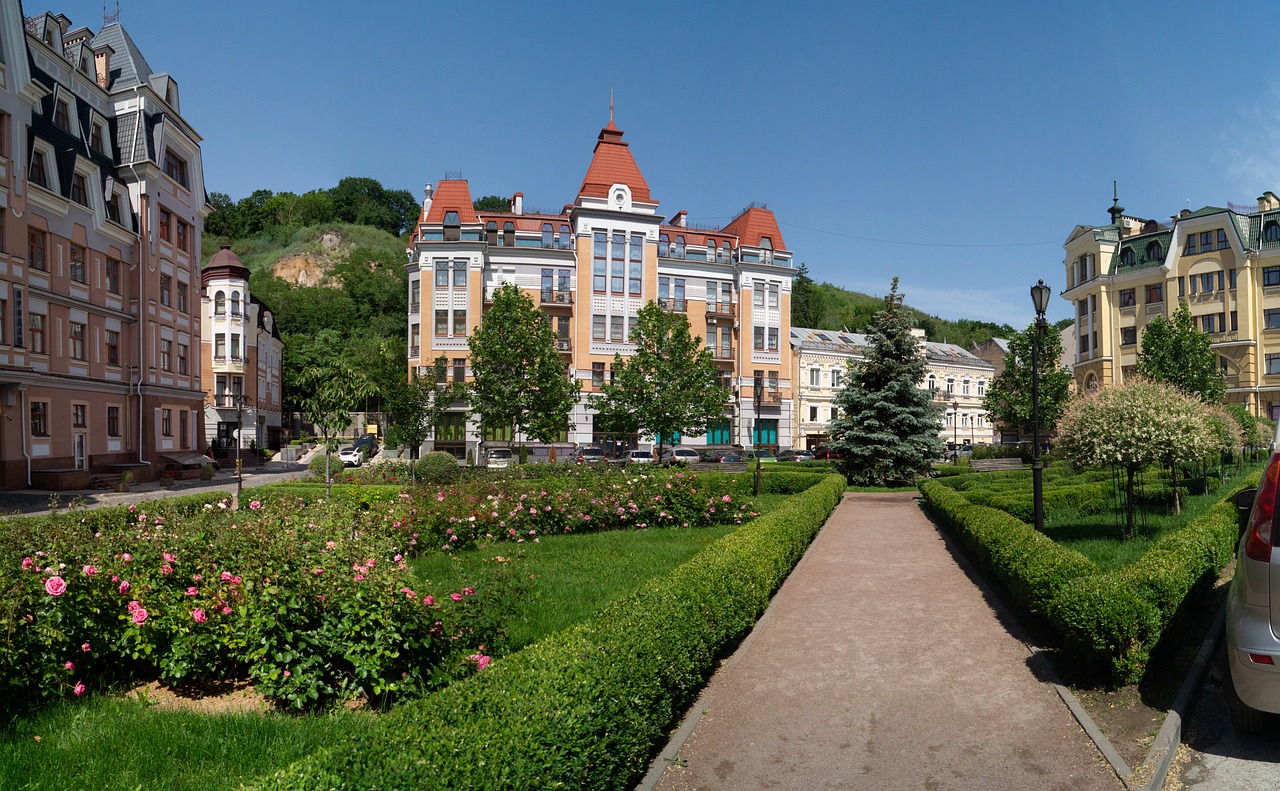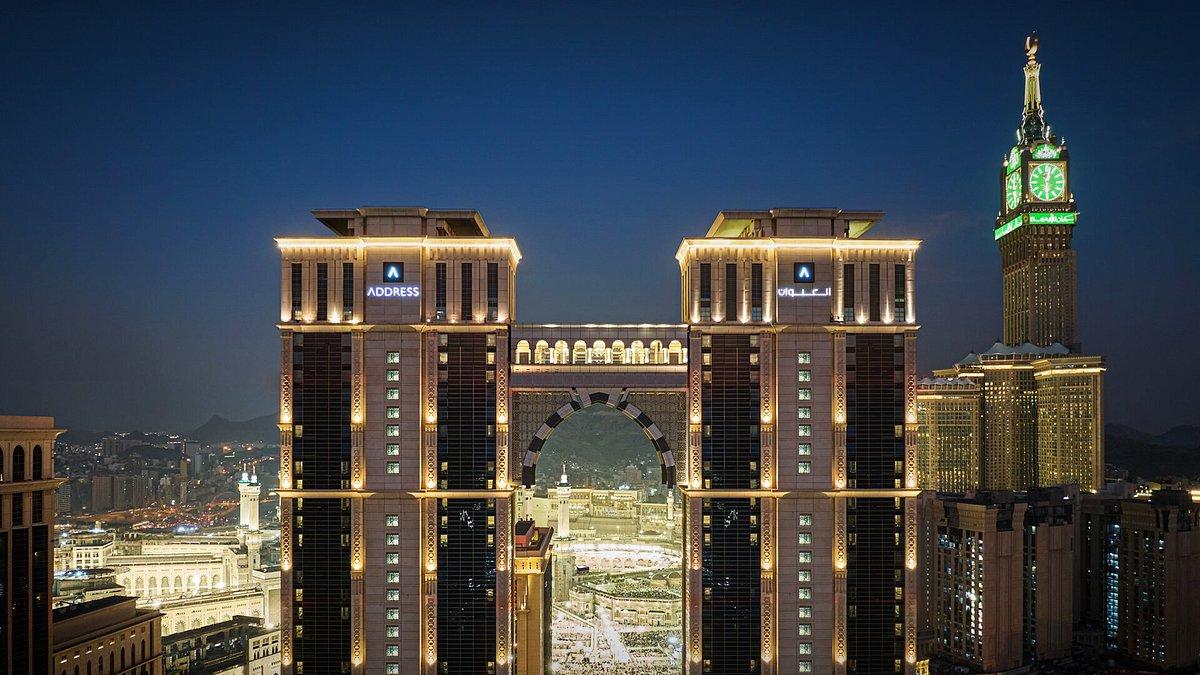Rajasthan, often called the “Land of Kings,” is a state where every fort wall, palace courtyard, and desert pathway echoes with stories of valor, grandeur, and timeless traditions. Beyond being a top destination for cultural exploration, it is also a treasure trove for travelers who wish to immerse themselves in India’s living heritage. Heritage Tourism in Rajasthan is not just about visiting monuments—it’s about experiencing a lifestyle that has been preserved through centuries.
When travelers think of heritage tourism, they often imagine static structures or relics of the past. Rajasthan, however, redefines this perception. Here, heritage is alive—it thrives in bustling bazaars, traditional arts, folk performances, and the hospitality of royal families who continue to open their ancestral homes to visitors. The blend of architecture, cuisine, music, and rituals makes Heritage Tourism in Rajasthan a holistic experience rather than a simple sightseeing trip.
The cornerstone of heritage travel in Rajasthan lies in its iconic forts and palaces, many of which are UNESCO World Heritage Sites.
Amber Fort (Jaipur): Perched on a hilltop with intricate mirror work and sprawling courtyards, Amber Fort captures the artistry of Rajput craftsmanship.
Mehrangarh Fort (Jodhpur): Rising above the Blue City, this massive fort showcases detailed carvings, weaponry collections, and panoramic views.
City Palace (Udaipur): A stunning blend of Rajasthani and Mughal architecture, this palace is still partly occupied by the royal family and offers a glimpse into regal living.
Jaisalmer Fort: Unlike many forts in India, Jaisalmer “Golden Fort” is a living fort where people still reside, giving travelers an authentic experience of medieval life.
Each fort and palace narrates stories of rulers who shaped Rajasthan’s destiny, making them living museums of history.
One of the unique aspects of Heritage Tourism in Rajasthan is the chance to stay in heritage hotels. Many havelis, forts, and palaces have been converted into luxury accommodations without losing their historical essence.
Umaid Bhawan Palace (Jodhpur): Still home to the royal family, part of this palace is now a luxury hotel offering unmatched opulence.
Samode Palace (near Jaipur): Known for its stunning frescoes and vintage décor, it transports guests to the 16th century.
Mandawa Havelis: In the Shekhawati region, painted havelis offer boutique stays with walls narrating tales through murals.
Staying in these properties allows travelers to live like royalty while appreciating the balance between conservation and modern hospitality.
Rajasthan is also renowned for its vibrant arts and crafts that contribute to its heritage identity. From intricate blue pottery of Jaipur and block printing of Bagru to the mirror-work textiles of Barmer, every craft form is steeped in history.
Equally captivating are folk performances such as Kalbeliya dance, puppet shows, and Manganiyar music. These cultural elements keep alive traditions that have been passed down for generations, adding vibrancy to Heritage Tourism in Rajasthan.
Rajasthan’s temples and stepwells are equally important in showcasing heritage.
Dilwara Temples (Mount Abu): Famous for intricate marble carvings that rival any world monument.
Eklingji Temple (Udaipur): A significant spiritual site dedicated to Lord Shiva, reflecting the religious devotion of Rajput rulers.
Chand Baori (Abhaneri): A stepwell with symmetrical steps and deep chambers, representing both engineering brilliance and community gathering traditions.
These sites reveal the deep connection between spirituality, architecture, and daily life in Rajasthan’s history.
Festivals in Rajasthan are not just events; they are living expressions of tradition.
Pushkar Camel Fair: A vibrant blend of trade, culture, and spirituality.
Desert Festival (Jaisalmer): A colorful display of folk music, camel races, and desert culture.
Gangaur Festival: Celebrated across the state, it showcases women’s devotion and traditional rituals.
For travelers, attending these festivals means stepping directly into Rajasthan’s heritage, where the past meets the present in spectacular ways.
No exploration of Heritage Tourism in Rajasthan is complete without indulging in its royal cuisine. The food here is influenced by the desert climate, local ingredients, and the legacy of royal kitchens.
Dal Baati Churma: A wholesome dish that is both delicious and symbolic of Rajasthani hospitality.
Laal Maas: A fiery red meat curry associated with the warrior clans.
Ker Sangri: A desert specialty made from dried beans and berries.
Dining in heritage restaurants or palace courtyards enhances the cultural immersion by connecting taste to tradition.
While Rajasthan thrives as a heritage tourism destination, it also faces challenges. Conservation of centuries-old structures, sustaining folk art in modern times, and balancing tourism with local community welfare are crucial concerns. Initiatives such as UNESCO recognition, government schemes, and private heritage hotel conversions are playing a vital role in preserving these treasures for future generations.
Travelers can also contribute by choosing responsible tourism—supporting local artisans, respecting cultural norms, and staying at eco-conscious heritage properties.
Among all Indian states, Rajasthan stands out because it offers not just glimpses of history but an invitation to live it. From staying in royal palaces to exploring bustling old bazaars, from listening to soulful folk music under starry desert skies to savoring centuries-old recipes, the state offers travelers a chance to feel like part of its legacy.
Heritage Tourism in Rajasthan is a bridge between the past and the present, inviting visitors to walk through living history while creating stories of their own.
Rajasthan is not merely a travel destination; it is a heritage journey where history continues to breathe through every corner. The forts, palaces, festivals, crafts, and cuisine all weave a narrative of resilience, splendor, and cultural pride. For anyone seeking an authentic experience that transcends sightseeing, Heritage Tourism in Rajasthan is the perfect way to step back in time while staying very much in the present.




Want to add a comment?